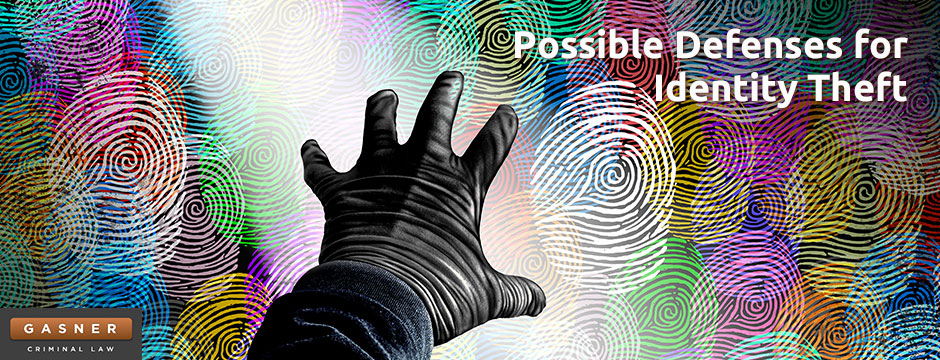
Possible Defenses for Identity Theft
Identity theft is a serious offense that can have severe consequences for the accused. In order to mount a strong defense against identity theft charges, it is important to understand the relevant laws and available defenses. This article will discuss possible federal and California law defenses to identity theft using markdown.
Lack of Unlawful Purpose
One possible defense to identity theft charges is to argue that the accused did not have an unlawful purpose for obtaining the personal identifying information. If the defense can demonstrate that the defendant did not intend to use the information for fraudulent or unlawful activities, it could undermine the prosecution's case. For example, if the defendant can show that they obtained the information for a legitimate purpose, such as conducting research or verifying someone's identity, it may help to establish a lack of unlawful intent.
Absence of Willfulness
Another defense that could be raised is the lack of willfulness in obtaining the personal identifying information. If the accused can show that they received the information inadvertently or without any deliberate action on their part, it may weaken the prosecution's case. For instance, if the defendant can demonstrate that they received the information by mistake and did not use it for any unlawful purpose, it could support the argument that they did not act willfully.
Lack of Intent to Defraud
Proving the absence of intent to defraud is another potential defense strategy. If the defense can establish that the defendant had no intention to deceive or defraud anyone with the personal identifying information, it may undermine the prosecution's case. For example, if the accused can demonstrate that they had no knowledge of the fraudulent use of the information or that they received it innocently, it could support the defense's claim of lack of intent to defraud.
Insufficient Evidence
Challenging the sufficiency of the evidence is a common defense strategy in identity theft cases. The defense can argue that the prosecution has not presented enough evidence to prove beyond a reasonable doubt that the accused committed identity theft. This defense may involve scrutinizing the prosecution's evidence, including the chain of custody of the personal identifying information, the reliability of witnesses, or the accuracy of the documentation presented.
Mistaken Identity
A defense based on mistaken identity can be raised if the accused can show that they were wrongly identified as the perpetrator of the identity theft. This defense may involve presenting evidence to support an alibi or demonstrating that there is reasonable doubt about the defendant's involvement in the crime. The defense could also challenge the accuracy or reliability of witness identifications or any other evidence linking the accused to the identity theft.
Illegal Search and Seizure
In some cases, a defense based on an illegal search and seizure may be available. If the defense can show that law enforcement obtained the personal identifying information through an unconstitutional search or seizure, the evidence may be suppressed. This defense relies on Fourth Amendment protections against unreasonable searches and seizures, and it requires careful analysis of the circumstances under which the information was obtained.
It is important to note that the success of these defenses will depend on the specific facts and circumstances of each case. Building a strong defense against identity theft charges requires the expertise of an experienced attorney who is well-versed in the field. Therefore, it is crucial to consult with a reputable attorney who can assess the unique aspects of your case and develop an effective defense strategy.
Disclaimer: This response is provided for informational purposes only and should not be construed as legal advice. It is advisable to consult with a qualified attorney for advice specific to your legal situation.
